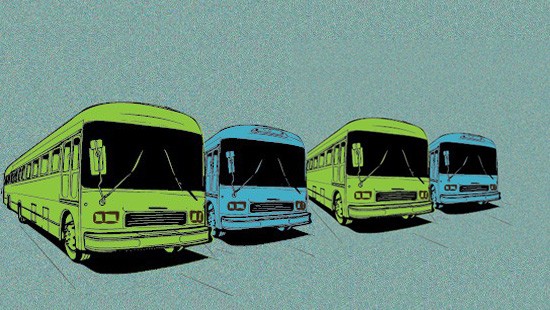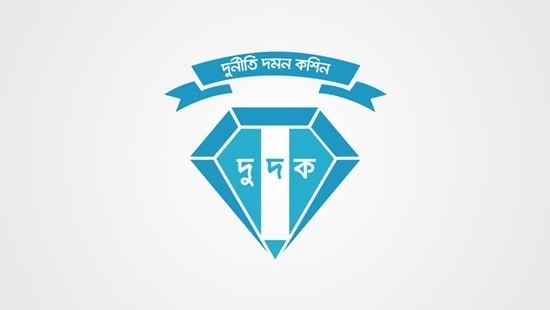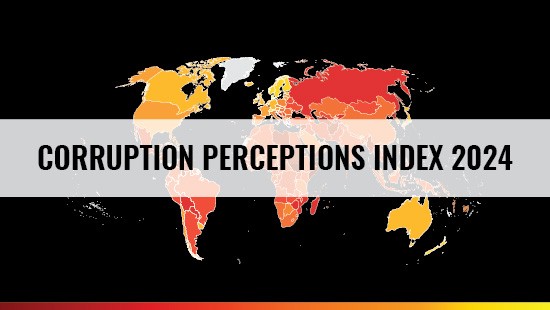Press Release
Dhaka, 09 June 2024: Similar to the national level, public interest has been severely ignored at the recent local level election. According to TIB, many candidates in the election seem focused solely on amassing wealth through the abuse of power, rather than prioritizing the welfare of the public. This trend poses a significant risk to the future of good governance, democracy, and anti-corruption efforts in the country, as finding public representatives dedicated to ideology and public welfare becomes increasingly challenging.
To present the final analysis of the affidavits of candidates and elected representatives in the 6th upazila council election, TIB hosted a press conference today at its Dhaka office. During the conference, TIB highlighted the creation of a dashboard or information hub containing detailed analyses of both elected and non-elected candidates from the National Parliamentary Election and the upazila council election.
In analyzing candidates' affidavits, TIB uncovered staggering growth rates: public representatives saw their income soar by up to 31,900% in the last five years, while the asset of their spouses and dependents surged by 12,400%. Chairmen experienced a remarkable 11,666% increase in movable assets. A winner of the 6th Upazila Parishad election saw their income rise by 10,866.67%, and immovable assets by 23,937.65%. This trend signals a troubling pattern of rapid wealth accumulation during their tenure.
TIB Executive Director Dr. Iftekharuzzaman said, “While public interest should be the focus, a troubling competition driven by power abuse is emerging under the guise of public representation. Affidavit data analysis provides strong evidence of this power-centered competition. Being in power offers endless opportunities to amass wealth without accountability. Public representative positions are becoming licenses to enrich oneself through direct, indirect, and collusive power abuse. Consequently, these roles are increasingly occupied by those with profit-driven motives, disregarding party instructions or discipline. Meanwhile, those who wish to pursue pro-people politics find themselves marginalized. This situation is creating Frankenstein-like monsters in the political arena, with political parties enabling such power abuses to the point of losing control. Political leadership must intervene to rectify this situation. The TIB's affidavit analysis can serve as resource for political parties in this effort.”
Dr. Zaman noted troubling parallels between Upazila and National Parliamentary Election, citing issues like illegal land ownership and discrepancies in candidates' financial disclosures. He highlighted significant inconsistencies in affidavit and tax return data, with 40 percent of candidates reporting no taxable income. Dr. Zaman urged institutions like the Election Commission, ACC, and National Board of Revenue to investigate promptly, stressing the importance of accountability and corruption control. However, he expressed concern over the lack of visible action, signaling growing governance challenges and corruption threats to democracy.
TIB's analysis shows a persistent dominance of business candidates, constituting 57.36% of total candidates, up by 8%. Notably, 69% of chairmen, 68.16% of vice chairmen, and 28% of women vice chairmen hail from business backgrounds. Traders among the electorate increased by 6.5% over five years, with 79% of chairmen being businessmen. While 50.96% of women vice chairmen identify as housewives, 15.68% of those listing housewife/housekeeper as their occupation still generate business income. Additionally, 15.79% have direct ties to business organizations, rising to 20% among elected representatives.
The affidavit analysis reveals a significant increase in multi-millionaire candidates, almost tripling over 5 years to reach 7.13% or 390 candidates. Among elected candidates, 12.37% or 150 are multi-millionaires and 132 or 30.41% of the elected chairmen fall into the multi-millionaire category. Income disparity is evident, with 23% of chairman candidates earning over 16.5 lakh taka compared to 3.03% of other candidates. Notably, 280 selected candidates earn BDT 10 lakh annually, with 51% of elected chairmen falling into this bracket. Among those earning BDT 01 crore annually, 40 are elected candidates, and among them, 2 are vice chairmen, and the rest are chairmen. Additionally, 25 candidates own land exceeding legal limits, totaling 874 acres, with 7 winning the election.
TIB Adviser-Executive Management Sumaiya Khair was also present along with the research team members, including Outreach and Communication Division’s Director and head of the research team Mohammad Tauhidul Islam, Assistant Coordinator Ikramul Haque Evan, Rifat Rahman and K. M. Rafiqul Alam. TIB's "Know Your Candidate" dashboard provides a comprehensive analysis of over 16,500 affidavits from 464 upazilas across the fourth, fifth, and sixth upazila council elections, enabling upazila-wise comparisons of eight key data points.
Dashboard Link: https://www.ti-bangladesh.org/kyc
Media Contact:
Mohammad Tauhidul Islam
Director, Outreach and Communication
Phone: +8801713107868
Email: tauhidul@ti-bangladesh.org







